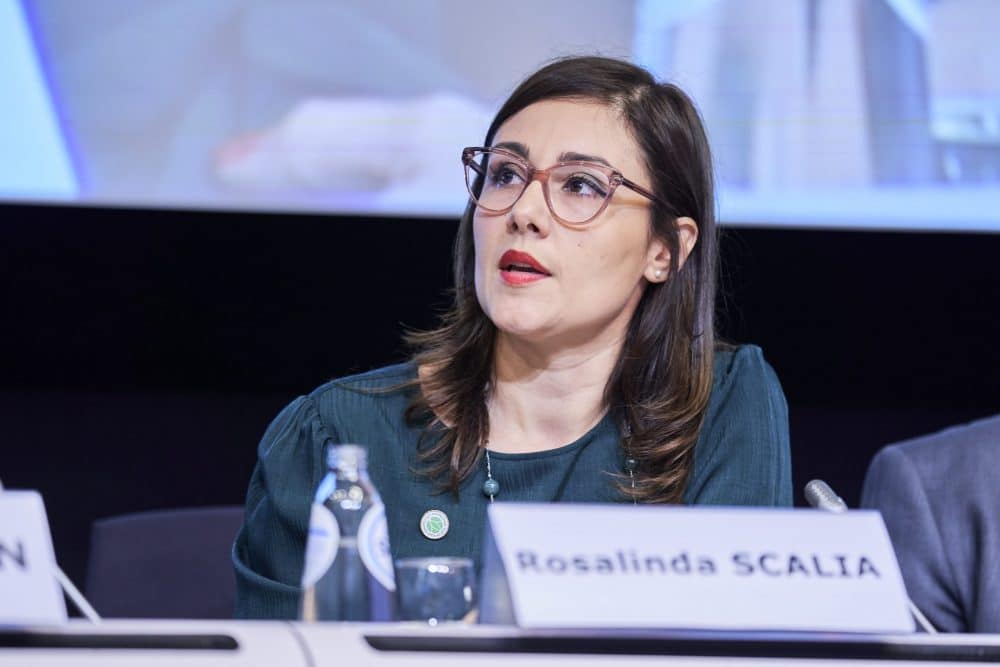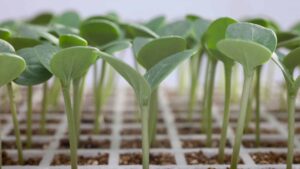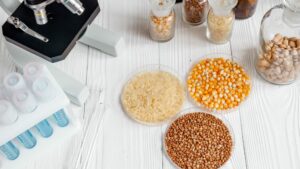This year marks the first ever International Year of Plant Health (IYPH).
This milestone was achieved thanks to the persistence and vision of Finland. As a signatory to the International Plant Protection Convention (IPPC) and participant in the Commission on phytosanitary measures, the IPPC’s highest governing body, the EU has supported this initiative from the outset.
The IYPH provides us with an opportunity to shine a light on the important, but often unacknowledged, role that plants play in many areas of our lives: they give us the food we eat, feed our animals and provide us with many other items we use on a daily basis. Healthy plants are vital for biodiversity, the natural environment and play a key role in the fight against climate change.
The IYPH coincides with the full implementation of the revised EU plant health law, regulation 2016/2031 on protective measures against plant pests. The law strengthens the preventive approach to plant pests and diseases with more harmonised rules at import. Furthermore, it makes phytosanitary certificates for any plant being moved into the EU obligatory and puts in place strict measures for handling plant disease and pest outbreaks.
Plant health links to other important EU policy initiatives – biodiversity, the EU Green Deal with its Farm to Fork strategy for safer and more sustainable food, but also the one health approach combining animal and human health, to which plant health can be added.
Plant health and public health share a common approach to tackling health threats: invest in prevention, contain the disease and ensure safe trade and collaboration on a global scale to overcome health threats.
Plant health is also central to the EU Commission’s (EC) upcoming Farm to Fork strategy. The strategy aims to ensure our food is safe to eat, our diets include whole nutritious food as well as promote sustainable agriculture.
A crucial part of the strategy is the reduction of pesticide use. Thanks to the emphasis on prevention, import controls, surveys and monitoring of plant health, the new EU plant health regulation will help make a pesticide reduction target achievable. A stakeholder consultation on the strategy is expected this year.
But plants pests ignore borders. In the 21st century, trade is increasingly global. This increases the risk of pests and diseases spreading. Therefore, our response to these threats, and potential threats, must also be global.
Seeds and plants for planting are the material with the highest plant health risk. That is the reason why they have to be controlled at border control posts. EU official controls encompass phytosanitary controls. Even passengers now need a phytosanitary certificate for any plant or plant material they wish to bring back into the EU.
Europe has experienced a number of plant disease or pest-related crises in recent years, the most devastating of which were caused by the bacterium Xylella fastidiosa and ToBRFV, the Tomato brown rugose fruit virus, which has been detected in tomato crops in parts of the European Union. The latter novel virus spreads through seeds and can devastate entire cultures of tomato plants. This is why the EU will work both inside the EU but also with its international partners to tackle this challenge and contain outbreaks of this virus, which unfortunately has a high rate of mechanical transmission. The European Reference Laboratory (ERL) for Virology is working on a diagnostic method for this disease to be adopted soon.
The global human health crisis caused by a coronavirus is now making it necessary to cancel many of the events planned by the EU and Member States to mark the IYPH. Nevertheless, the EC still plans to use the IYPH to raise public and political awareness at local, national and European levels about the importance of plant health and the EU rules in place to protect plants.
Dialogue and stakeholder involvement in plant health will be key to our activities, culminating in a big awareness-raising campaign on TV in the summer and a side-event at the October Helsinki plant health conference.
Furthermore, goals of IYPH include strengthening capacity development activities in plant health disciplines. The EU has increased scientific support to Member States through a network of ERL’s and through increased funding for plant health research.
Plant health has the potential to touch all of our lives, and the EC will be working throughout this year, on digital and other platforms, to
- demonstrate the importance of plant health to citizens;
- show citizens the role they can play to protect plants by simple actions such as not importing plants into the EU without phytosanitary certificates; and
- work with to organisations such as Euroseeds who are active on plant health to share knowledge and best practice.
Because protecting plants is protecting lives.
For more information, see:
https://ec.europa.eu/food/plant/plant_health_biosecurity/legislation/new_eu_rules_en
https://www.efsa.europa.eu/en/international-year-plant-health













